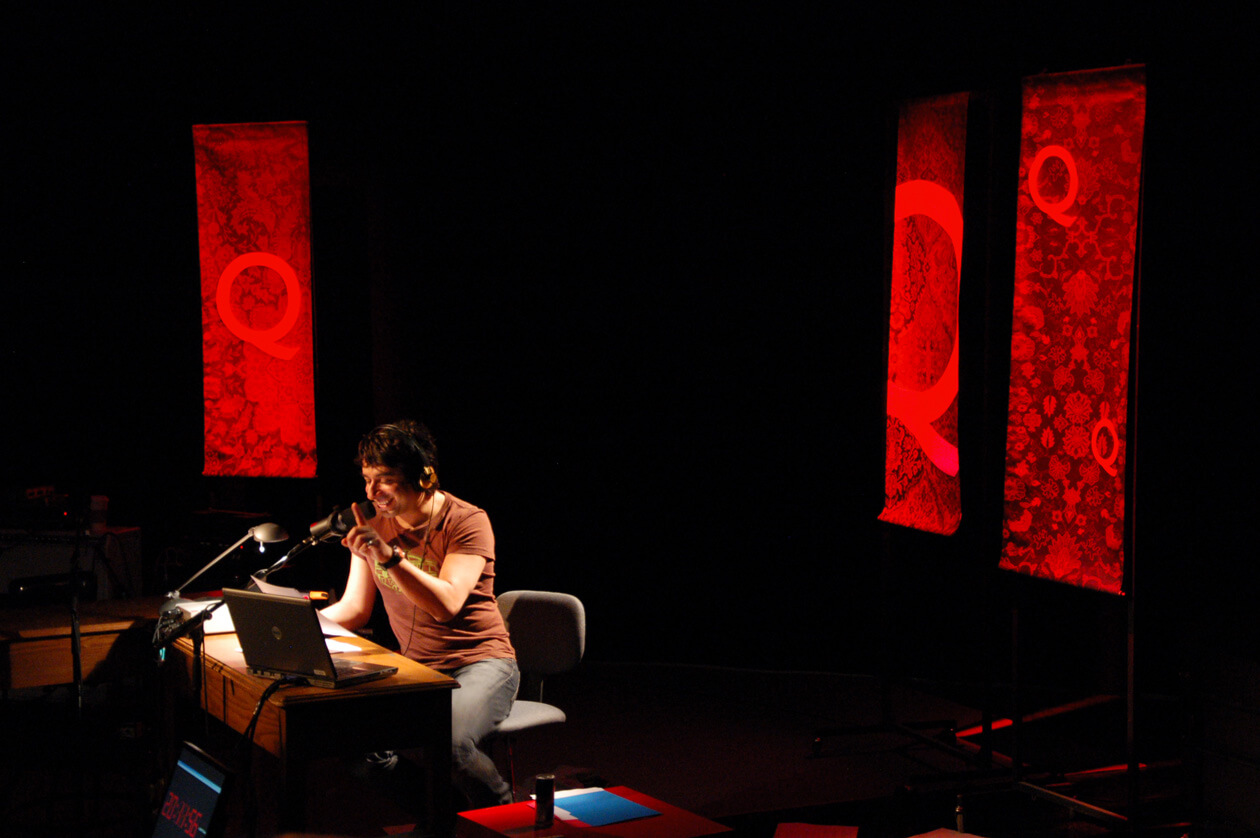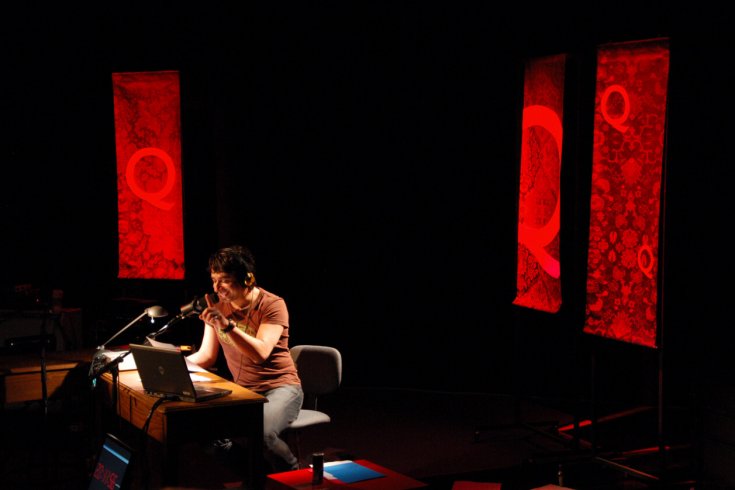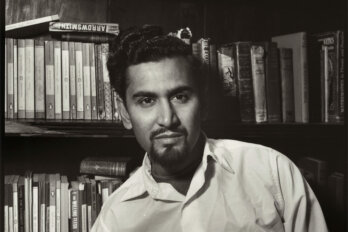
On October 19, 2014, Jesse Brown told his Canadaland podcast listeners that he would have a “monster” scoop in coming days—a story that would be “worse than embarrassing for certain parties.”
CBC Radio host Jian Ghomeshi—who’d been the subject of Brown’s investigation for months—knew what was coming. He decided to strike pre-emptively. Ghomeshi’s legal team summoned CBC executives to a Toronto office to watch X-rated videos from the host’s private collection. The goal was to convince them that Ghomeshi was guilty of nothing more than rough but consensual sex.
It was a disastrous miscalculation: The CBC fired the Q host that same day. This, in turn, set wheels in motion at the Toronto Star, which had long been sitting on a Ghomeshi tell-all. In collaboration with Brown, Star investigative reporter Kevin Donovan published a blockbuster report detailing allegations of assault and coerced sexual acts against multiple women. Ghomeshi was ultimately never convicted of any crime. But he was profoundly disgraced, and his career as a media figure was destroyed.
The story of the Ghomeshi’s downfall is the subject of Donovan’s new book, Secret Life: The Jian Ghomeshi Investigation. Many details will be familiar to anyone who followed the story in the media. But Donovan adds much that is fresh—including disclosures from a source inside Ghomeshi’s war room (where the radio star would strut around, arousing himself as he regaled his attendants with tales of sexual conquest).
Donovan also reveals his testy relationship with Brown. While Donovan is an old-school pro who doesn’t mind letting a story percolate for months or years, Brown comes off as a man in a hurry, eager to create a name for himself and his then-fledgling web site. Consistent with his role as a journalist, Donovan keeps his sources at arm’s length. But Brown—a former CBC staffer who came to the story through a friend who’d worked with Ghomeshi on Q—repeatedly blurs the line between journalism and activism. Donovan was exasperated by Brown’s mouthy behaviour within the Star newsroom. Notably, he fails to mention Brown in the book’s acknowledgments.
Yet Donovan’s narrative shows how essential Brown was to this investigation. It was only because Brown had a reputation as a loose cannon that Ghomeshi panicked, going public with his homemade porn at a moment when Donovan still wasn’t sure whether he’d ever have quite enough to break the story in a legally defensible way.
In fact, according to Brown, the “monster” story he promised listeners actually had nothing to do with Ghomeshi: It was about Canadian media sitting on a story about government web snooping. What Brown did was the equivalent of winning a poker hand by bluffing on a busted straight.
In this way, Brown and Donovan were a perfect pair. To adopt a different metaphor: It was Brown who flushed the prey out of hiding. But it was Donovan who shot it out of the sky.
Secret Life provides credible answers to some of the most important questions surrounding this scandal—including the one Donovan himself asks the first ex-Ghomeshi girlfriend he interviewed: “Why didn’t you get your bags and get the hell out of there?” In the process, the author provides a primer on the art of investigative journalism. Donovan shows that a good reporter has to be hard-hearted. You can’t just “believe the victim,” because no one—no matter what they’ve endured—can be relied on for perfect honesty. In particular, several of Donovan’s sources tried to obscure the fact that they’d exchanged affectionate or sexual messages with Ghomeshi in the days after their bad dates. At trial, these details were critical to Ghomeshi’s acquittal. Donovan’s chapter on the trial is painful reading—especially his account of defence lawyer Marie Henein reading out a day-after email in which a woman tells Ghomeshi: “You kicked my ass last night and that makes me want to fuck your brains out. Tonight.”
My Walrus colleague Jessica Johnson notes that many predatory males “do not even recognize their own cruelty.” I suspect this is true of Ghomeshi, who comes off in Secret Life as a pathological narcissist and sadist who oscillates wildly between charm, cruelty, petulance and self-pity. He was a genius at manipulating others—men and women alike. Ghomeshi seemed to know just what precise combination of star power and menace would convince traumatized women to remain silent. And he generally preyed on young, relatively powerless women, who knew they wouldn’t have much chance at prevailing in a battle of “he said, she said.”
If not for Donovan and Brown, Ghomeshi likely would still be on the airwaves of the CBC, swanning around Toronto clubs and restaurants with a rotating cast of twenty-somethings on his arm. The facts contained in Secret Life are lurid and unsettling. But the investigation Donovan describes constitutes a high point in the history of modern Canadian journalism.






